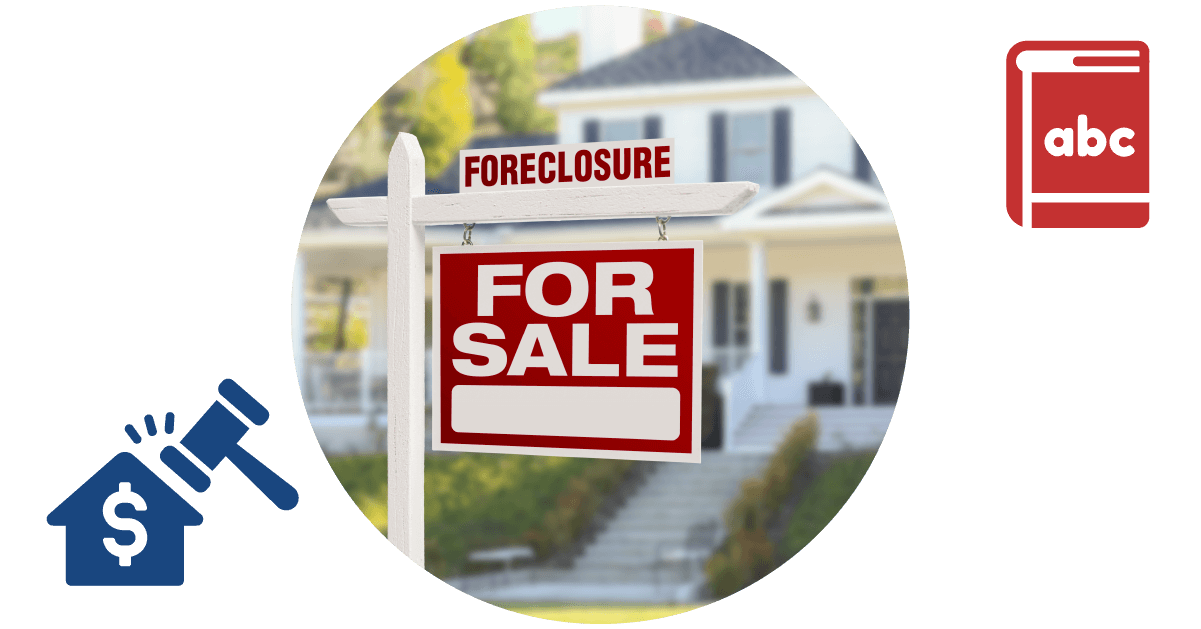Types of Mortgages: Finding What's Best For Your Client

Helping expectant homebuyers secure a mortgage is so much more than simply giving them a stamp of approval and the green light on pre-qualification.
You’re helping them decide which mortgage loans are the right fit for them. Their goals. Their lifestyles. Their unique circumstances.
Personalization needs to be embedded into everything we do, including our approach to pairing the right mortgage loan with the right individual.

As professionals, we know there are plenty of options out there. However, that doesn’t mean there are plenty that are the right fit.
So, let’s break down the most popular options and discuss the specifics so you can feel equipped in reviewing these options with your new clients and paving the way to fulfill their home ownership dreams.
In this quick guide, we’ll cover:
Fixed-Rate Mortgages vs Adjustable-Rate Mortgages
Let’s start with two categories separating the mortgage options on the market by interest rate: fixed rate and adjustable rate.

As you might imagine, a fixed-rate mortgage offers a consistent interest rate that will remain unchanging through the duration of the loan. Naturally, this option provides more predictability in regard to principal and interest payments.
On the other hand, an adjustable-rate mortgage does not offer a consistent interest rate. Instead, the rate is fixed for a set period of time before it can fluctuate (based on the market). Less popular with homebuyers (more than likely due to the unpredictability of payments), only 5-15% of buyers opted for this choice between 2008-2022, according to the Consumer Financial Protection Bureau.
However, an adjustable-rate mortgage may be a preferable method for buyers who don’t plan to stay in their new home for long. For those planning to buy and sell prior to their rate adjusting, they may be able to get away with a lower starting rate and lower payments.
Conventional Loans vs Government Loans vs Special Program Loans
Next up, let’s break down the varying types of loans you can offer.
Conventional Loans
The most popular type of mortgage by far (accounting for 82% of first-time homeowners), conventional mortgages are a great fit for salaried buyers who are entering the purchase with a good credit score and healthy savings. Typically, conventional loans require a 3-20% down payment.

For those homebuyers who don’t reach that 20% mark off the bat, they will typically need to pay PMI, or private mortgage insurance. Why? Prospective homeowners who are unable to meet that cash-upfront threshold may signify higher risk to potential lenders. Therefore, PMI works to alleviate that risk and protect institutions should the home face foreclosure.
Because conventional loans are so popular, many different organizations offer these selections, allowing buyers to shop around for the right fit.
Within the conventional loan type, there are differing options: conforming loans and non-conforming loans.
Let’s talk about each.
Conforming vs Non-conforming Loans
Loans that conform to the standards, regulations, and FHFA (Federal Housing Finance Agency) limits of Government Sponsored Enterprises are conforming loans. Essentially, this means a traditional conventional mortgage loan that does not surpass a certain monetary threshold. Think everyday buyers for this one.
Non-conforming loans do not align with government limits. This means a few things.
The loan cannot be sold to another lender, the loan may be more personalized to the buyer, and the loan may apply to the purchase of larger, more luxury properties (explaining why these are sometimes referred to as ‘jumbo mortgages’ or 'jumbo loans'). While these types of mortgages may be necessary for certain residences and certain high-cost areas, they usually require a better credit score and a larger down payment.
Government Loans
There are a few key types of government-backed loans available. Let’s dive in.
FHA Loans
An FHA loan is a good option for potential buyers with lower credit. FHA (Federal Housing Administration) loans can also apply to those who are unable to meet a 20% down payment. About 10% of first-time homeowners opt for this.
VA Loans

Applicable to active duty or past U.S. military members and their families, VA loans are backed by the U.S. Department of Veterans Affairs (vs a more traditional lender). Potential buyers do not need a down payment or mortgage insurance.
USDA Loans
Backed by the Department of Agriculture, USDA loans are intended for rural parts of the country (typically meaning fewer than 20,000 community residents and not related to a major city or metropolitan area), as well as for residents with lower to moderate income. There are two types of USDA Loans: The Single-Family Housing Guaranteed Loan Program and The Single-Family Housing Direct Home Loan Program. For those who qualify, USDA loans offer lower mortgage rates and no down payments (or down payment assistance).
Special Program Loans
Finally, we have our special program mortgage loans. These can vary across states, regions, and communities.
Typically, these options apply to homebuyers with special circumstances, whether this be income level, first-time homebuyer status, or occupation (as an example, public service employees).
If you believe your customers may qualify, ensure to do your due-diligence in exploring solutions, relevant offerings, and programs for them to consider.

Feeling confident in the types of mortgage loans you can offer to get your customers into the homes of their dreams? Great to hear.
Want to learn more about expanding your mortgage business and reaching more prospective buyers? We’re here to help.
Check out Your Guide to Growing Your Mortgage Business – your ultimate 101 guide to proactive marketing, building lead lists, and flexing your lead generation skills to scale your reach and assist more clients in need of your support.
Ready to unlock the power of public records data and 150 million properties? Get a free PropertyRadar trial and grow your mortgage business today.


